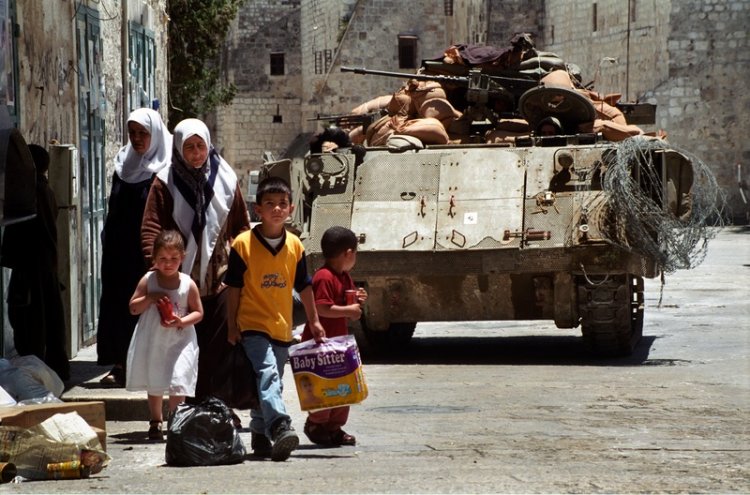Security Council Briefed on Prevention of Violations Against Children in Armed Conflict

17-02-2023
Amanda Benoy
Middle East Researcher
Global Human Rights Defence
Last week, the United Nations Security Council convened a briefing on the theme of children and armed conflict. The Council was briefed by (1) Virginia Gamba, the Special Representative of the Secretary-General for Children and Armed Conflict; (2) Najat Maalla M’jid, the Special Representative of the Secretary-General for Violence Against Children; and (3) Miss Divina, the founder of the civil society organization Children for Peace. The objective of the meeting was to discuss concrete solutions to enhance the prevention of violence against children in the setting of armed conflict.
In 1996, the United Nations General Assembly adopted resolution 51/77 establishing the mandate of children and armed conflict. The Office of the Special Representative of the Secretary-General for Children and Armed Conflict has since emphasized the importance of strengthening the prevention of grave violations against children. In 1999, the impact of armed conflict on children was recognized by the Security Council as a matter of international peace and security. The Security Council subsequently adopted resolution 2427 in 2018, underscoring the need to prioritize coordinated prevention practices at all levels. However, establishing guidelines to facilitate the resolution’s implementation remains an ongoing endeavor.
Virginia Gamba reported that nearly 24,000 grave violations were committed against children in conflict-affected settings in 2021. The most frequently documented violations were killing and maiming, recruitment and use, denial of humanitarian access, and abductions. She noted that these trends continued in 2022. She further conveyed that identifying pre-existing vulnerabilities is critical to protecting children in situations of armed conflict. Research has revealed that risk factors that increase the vulnerability of children to grave violations include poverty, lack of access to education and livelihood opportunities, displacement, and disability.
Najat Maalla M’jid asserted that prevention of grave violations is possible if: (1) pre-existing risks and vulnerabilities are identified and addressed, (2) access to humanitarian assistance is respected and protected, and (3) investment in post-conflict reconstruction is sustained. She additionally advocated for the participation of children, stating that “they know best where the system has failed them the most”. Miss Divina conveyed that one of the greatest challenges in facilitating the participation of children is the failure of governments and non-governmental organizations, both locally and internationally, to take children seriously. She recommended establishing collaborative platforms that recognize the experience and perspectives of children and investing in education that “empowers children to exercise and claim their rights”.
Sources and further reading
Miss Divina, founder of Children for Peace, ‘Children and armed conflict’ (Brief at the 9258th meeting of the Security Council, 13 February 2023) <https://media.un.org/en/asset/k1k/k1k1rg3wl6> accessed 17 February 2023.
Najat Maalla M’jid, the Special Representative of the Secretary-General for Violence Against Children, ‘Children and armed conflict’ (Brief at the 9258th meeting of the Security Council, 13 February 2023) <https://media.un.org/en/asset/k1k/k1k1rg3wl6> accessed 17 February 2023.
UNGA Resolution 51/77 (12 December 1996) A/RES/51/77.
UNSC Resolution 2427 (9 July 2018) S/RES/2427.
Virginia Gamba, the Special Representative of the Secretary-General for Children and Armed Conflict, ‘Children and armed conflict’ (Brief at the 9258th meeting of the Security Council, 13 February 2023) <https://media.un.org/en/asset/k1k/k1k1rg3wl6> accessed 17 February 2023.

































